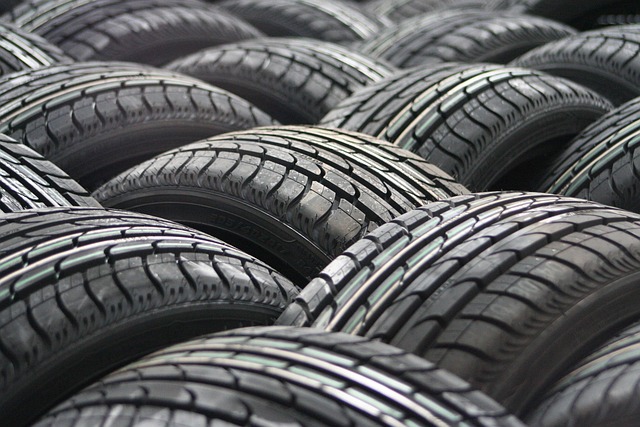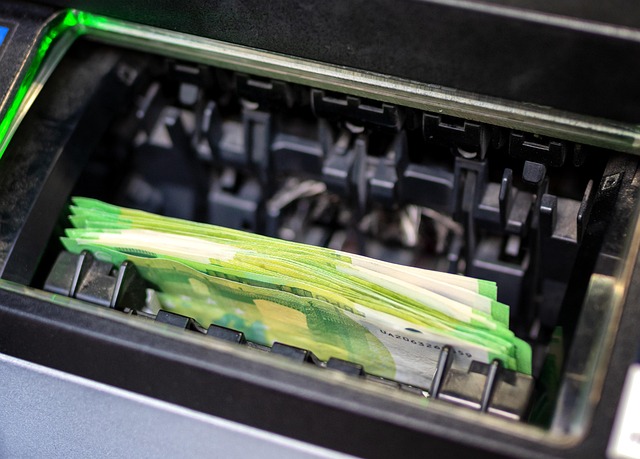The Car Title Loan Inspection Process involves borrowers applying, providing vehicle and financial details, followed by a scheduled inspection where a lender representative assesses the car's condition and verifies ownership through the title. Delays caused by factors like scheduling, weather, or logistical issues impact loan timing, interest rates, and costs. To streamline the process, borrowers should prepare necessary documents, maintain their vehicle, and consider alternative application methods to avoid delays.
“Inspection delays can significantly impact the timing of car title loans, causing potential setbacks for borrowers. This article delves into the intricate car title loan inspection process, exploring common causes of delays that often arise during the evaluation of collateral. By understanding these factors, borrowers and lenders alike can mitigate the effects on loan approval times. We’ll discuss practical strategies to navigate potential challenges, ensuring a smoother process for accessing much-needed funds through this secure lending method.”
- Understanding the Car Title Loan Inspection Process
- Common Causes of Inspection Delays
- Mitigating Impacts on Loan Timing and Approval
Understanding the Car Title Loan Inspection Process

The Car Title Loan Inspection Process is a crucial step that can significantly impact loan timing. It involves an evaluation of the borrower’s vehicle to ensure it meets the lender’s criteria for collateral. In San Antonio Loans, this process typically begins with an application where borrowers provide details about their vehicle and financial situation. Once approved, a title loan specialist will schedule an inspection at a convenient time for the borrower. During this inspection, a representative from the lender will assess the overall condition of the vehicle, including its make, model, year, mileage, and any existing damage or modifications.
The inspector will also verify the vehicle’s ownership by examining the car title to ensure there are no liens or outstanding payments. This step is critical in protecting both the lender and the borrower from potential financial risks. After the inspection, the lender will review all findings and determine the final loan amount based on the vehicle’s assessed value. Understanding the Title Loan Process and its associated inspections can help borrowers prepare for potential delays or adjustments to their loan terms, ultimately managing expectations regarding interest rates and repayment schedules.
Common Causes of Inspection Delays

Inspection delays can significantly impact the timing of a car title loan. Common causes include issues with scheduling, where inspectors may have conflicting appointments or difficulty coordinating with borrowers’ schedules. Another major factor is weather conditions, as adverse weather events like heavy rain, snow, or extreme heat can delay inspections, especially in regions with strict safety protocols.
Logistical challenges, such as access to the property or vehicle, also contribute to delays. In some cases, borrowers may need to provide additional documentation or information, which can slow down the process. Moreover, third-party factors like inspector unavailability or administrative errors within the inspection agency can further complicate matters. These delays not only extend the loan timeline but can also affect interest rates and overall borrowing costs, emphasizing the importance of understanding and minimizing inspection processes for those seeking a financial solution through vehicle equity.
Mitigating Impacts on Loan Timing and Approval

Delays in the car title loan inspection process can significantly impact loan timing and approval. To mitigate these effects, borrowers should be proactive in understanding and preparing for the inspection requirements. One effective strategy is to ensure all necessary documentation is readily available, including vehicle registration, insurance information, and proof of income. This streamlines the verification process and reduces potential holdups.
Additionally, keeping your vehicle in good condition can help expedite the inspection. Regular maintenance and repairs not only extend the life of your vehicle but also make it easier for inspectors to assess its value accurately. Moreover, considering alternatives like online applications with no credit check can expedite the loan application and approval process, ensuring that you receive the funds you need without unnecessary delays.
The car title loan inspection process is a critical step that can significantly impact loan timing. By understanding common causes of delays, such as vehicle condition issues or documentation problems, borrowers can proactively mitigate these issues. This not only speeds up the approval process but also ensures access to much-needed funds more quickly. Effective strategies for minimizing delays include maintaining accurate records, ensuring the vehicle is in good working order, and being prepared with all necessary documents. These measures help streamline the car title loan inspection process, ultimately benefiting borrowers seeking urgent financial support.






